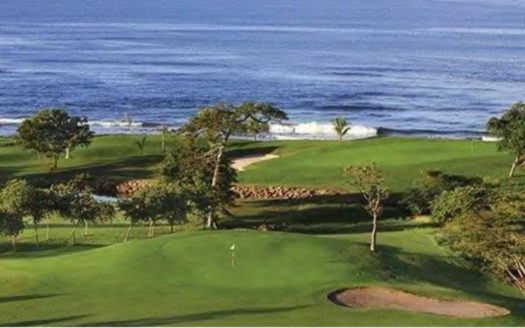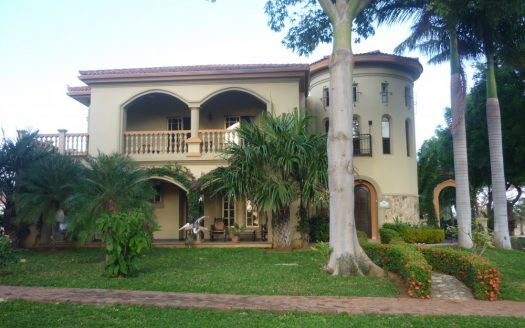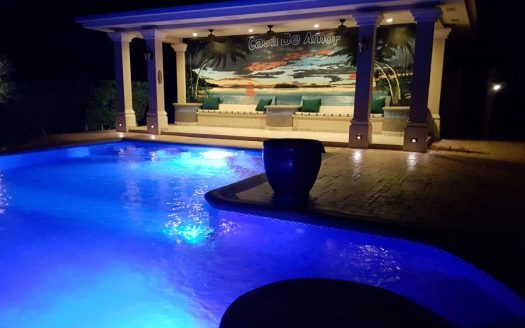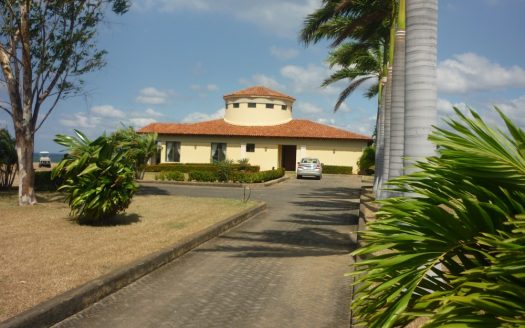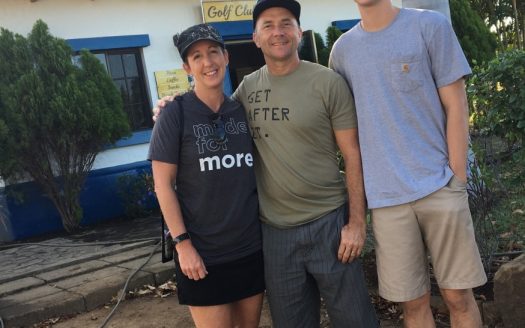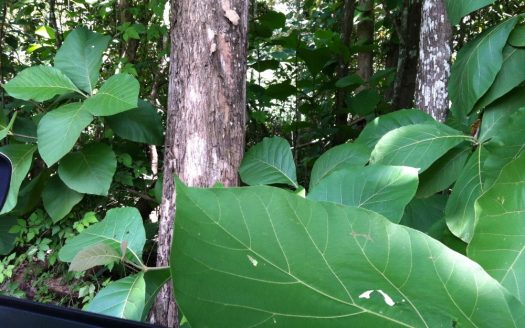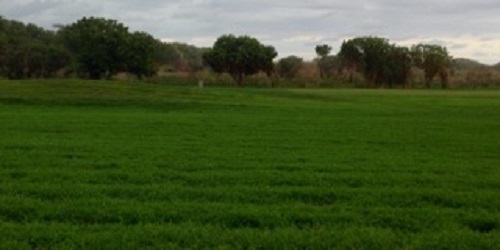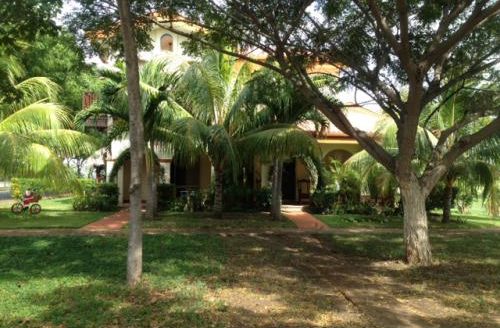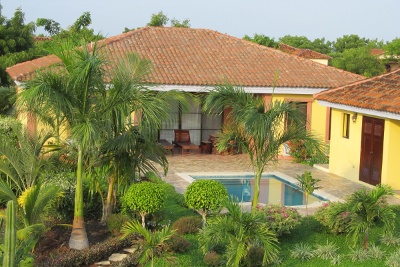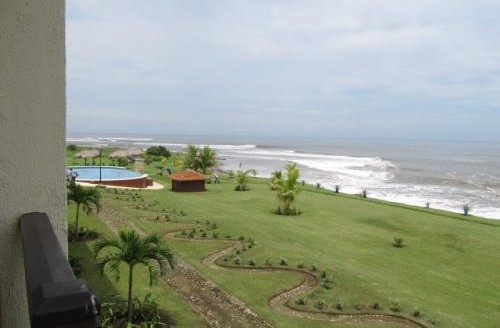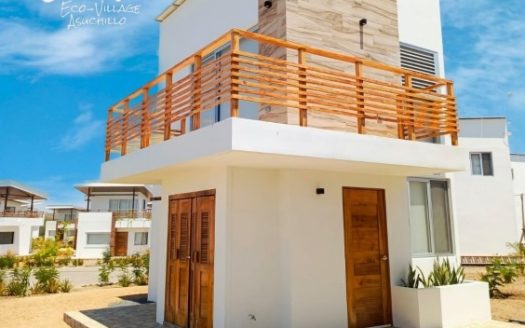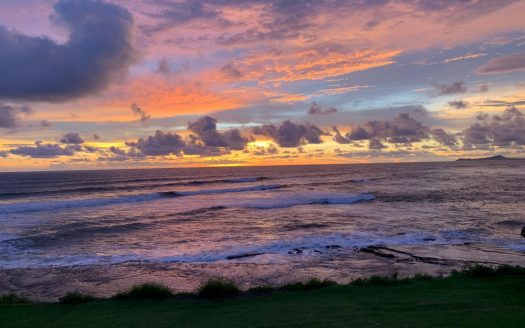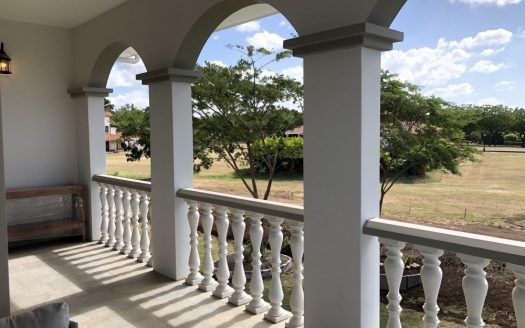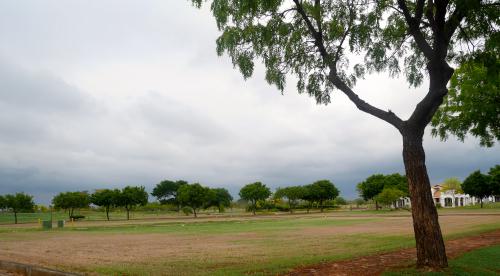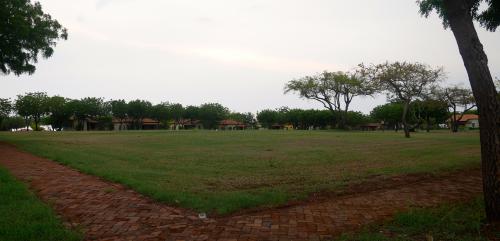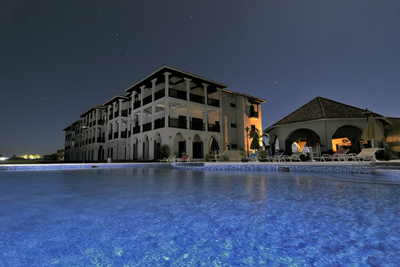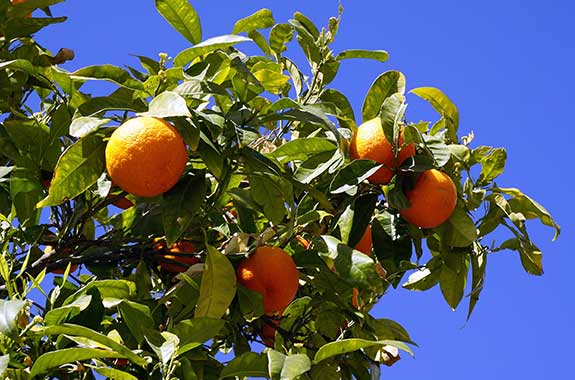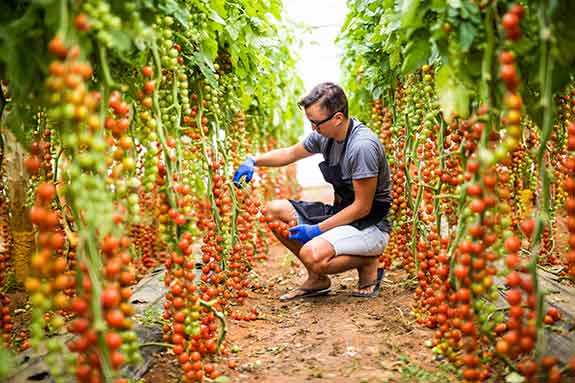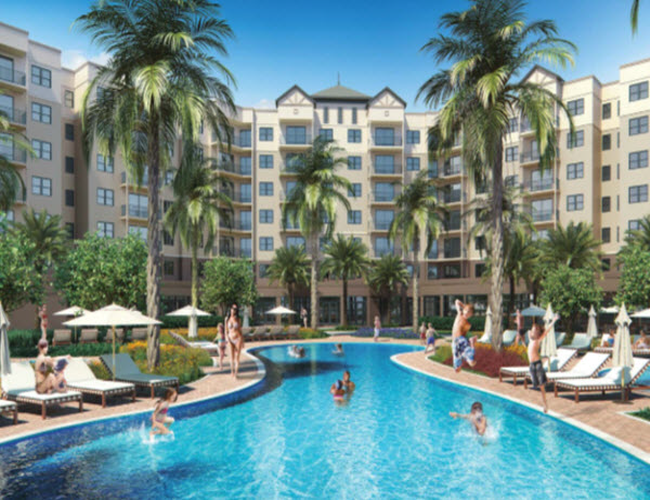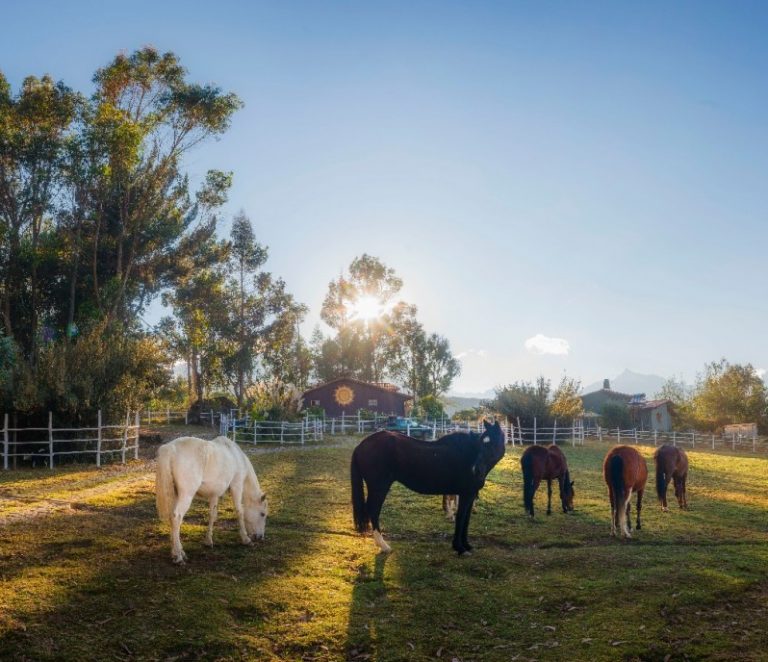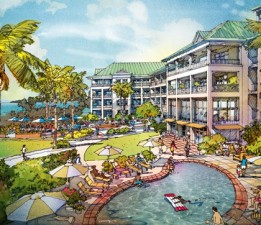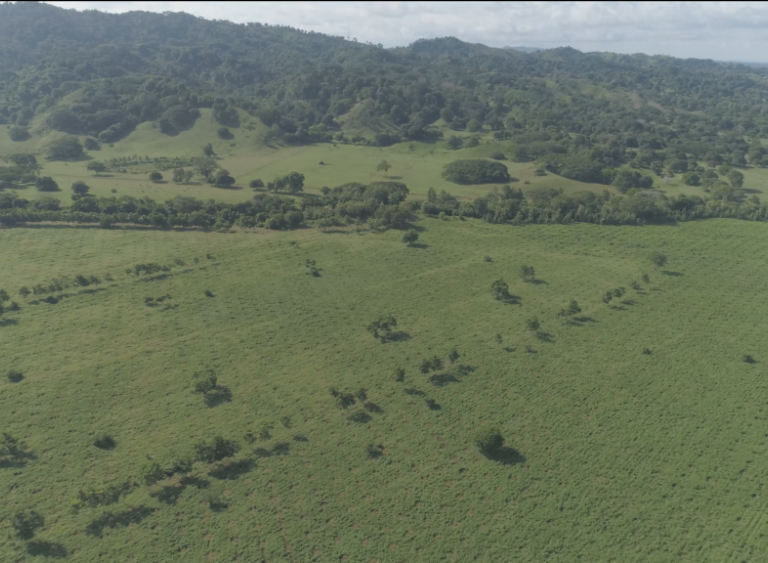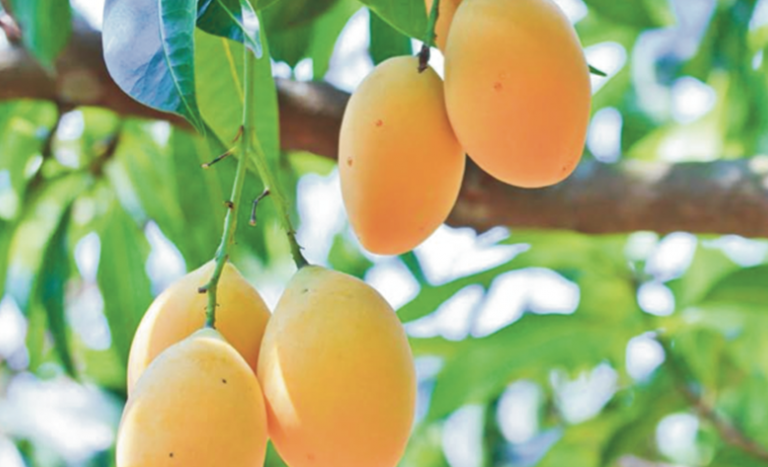Guide to Buying Nicaragua Real Estate as a Foreigner
Nicaragua has been described as the “rising star” of Central America. And there is certainly plenty of reasons for why it has earned that moniker. The country boasts one of the fastest growing economies in the region, in all of the Americas in fact, with an economic growth rate over the past 5 years of 5.2%. In addition to this, the tourism industry in Nicaragua is growing at a feverish pace, with the country welcoming 1.4 million foreigner visitors into their borders in 2015, generating a total of $450 million. For an investment property, Nicaragua real estate is a prime destination. In addition, the incredibly low cost of living in Nicaragua makes it an equally attractive destination for vacation, full time living, or retirement real estate purchases. Buying real estate in Nicaragua has many, many appealing sides to it.
For those interested in buying real estate in Nicaragua, there is a lot of good news. Not only are prices very low, but the market looks incredibly promising in the future. In addition, there are no restrictions on foreigners owning real estate in Nicaragua, making Nicaragua an appealing country in which to invest in real estate.
For those foreigners interested in buying real estate in Nicaragua, one of the first places to start is to find a reliable Nicaragua real estate agent, as well as a trustworthy attorney. These are both absolutely essential. A real estate agent will help you to find the right property that you want. In addition, they can help to make sure that you get a good deal. A good attorney is essential because the legal process of buying real estate in Nicaragua can be a bit tricky. For instance, you will need to make sure that the seller has the legal rights to sell you the real estate you are interested in. An attorney can also do a title search to make sure that the land isn’t involved in any sort of legal dispute.
The legal system in Nicaragua is a civil law system. This will make it easier to navigate for most Europeans, as well as buyers from most of Latin America. However, buyers from the United States, Canada, Great Britain and several other countries, all of whom have common law systems, may find it a bit different than what they are used to. Keep this in mind when buying real estate in Nicaragua.
Purchasing title insurance is strongly advised when buying real estate in Nicaragua. There are a handful of companies which provide title insurance for foreign real estate owners in Nicaragua.
One thing that must be understood when buying real estate in Nicaragua is the idea of a cadastral. Cadastral is the value given to a piece of real estate that is often significantly lower than its actual value. The reason for this is to keep taxes on the property, such as transfer taxes, low. I’m pretty sure this is the correct description of “cadastral”, but do you have any insights on that, just to double check?
Some required documents include:
- A Public Deed is required to carry out all real estate transactions in Nicaragua. Public Deeds must be written in Spanish. You must appoint a translator if you do not understand the language.
- A No Objection Letter is required when purchasing property that historically was owned by the State, that is a coastal property, as well as a few other qualifications that might require a No Objection Letter.
- From the seller the real estate agent will require a copy of the deed (escritura)
The process of buying real estate in Nicaragua as a foreigner will likely go as follows…
You will find a reputable real estate agent that you like and trust. You will work with this real estate agent to find a piece of real estate that you are interested in purchasing. Once you find a piece of real estate that you wish to purchase, you will want to discuss the real estate with a reputable, local attorney whom you can trust. You will want your attorney to run a title search on the real estate, to make sure that there are no legal issues associated with the property. You will also want your attorney to make sure that the seller is the legal owner of the real estate, and has the legal authority to sell you the real estate. You should also have the real estate surveyed, with the boundaries of the real estate clearly defined so that you know exactly what you are buying, and so that there can be no disputes over what you are purchasing. A surveyor’s map should be duly approved by the Cadastral office. Your attorney should also make sure that the Public Deed transfers possession and ownership. You will need to obtain the documents listed above, if applicable, as well as potentially other documents, which your real estate agent and/or attorney will inform you about.
When the purchase is finalized, you can expect the following fees:
- Attorney fees: 1-1½% of the purchase price
- Title Registration fees: 1% of the cadastral value (with a maximum of 30,000 cordobas)
- The Transfer Tax or Property Gains Tax (also known as DGI or la renta) is:
- 1% of total amount if under 50k
- 2% of total amount if between 50-100k
- 3% of total amount if between 100-200k
- 4% of total amount if over 200k
- These are typically paid by the seller, but could also be paid by the buyer (this is negotiable)
- In addition, a 10% deposit is typically kept by the real estate agent after the offer has been accepted by the seller and until the final closing. This deposit should not go to the seller.
Once fees are paid, it will typically take between 1-6 months to have the property registered. If a No Objection Letter is required, this may take a little longer, typically 6-8 months.
One important aspect of buying real estate in Nicaragua is to talk with other foreigners.
Expats living in Nicaragua, or who at least own real estate in Nicaragua, will know what good deals are, who the reputable real estate agents are, and who the reputable attorneys are. Depending on what you’re looking for, finding an area or development that other foreigners have bought into is a good sign; if other foreigners have deemed a region or developer worthy to do business with, the odds are you will as well. If a region or developer does little business with foreigners, that doesn’t necessarily mean it’s not a good idea to buy real estate there as a foreigner, but you may want to ask yourself, or other foreigners, why they haven’t bought there.
If you’re interested in buying into a development in Nicaragua, it is important to buy on what you see, not what you’re promised. Any developer can say they’ll set up reliable electricity, plumbing and internet. A select few with actually follow through with this. And a selector few still will actually have all of these things already in place. When buying into a development in Nicaragua, buy on what you see, not what you’re promised.

